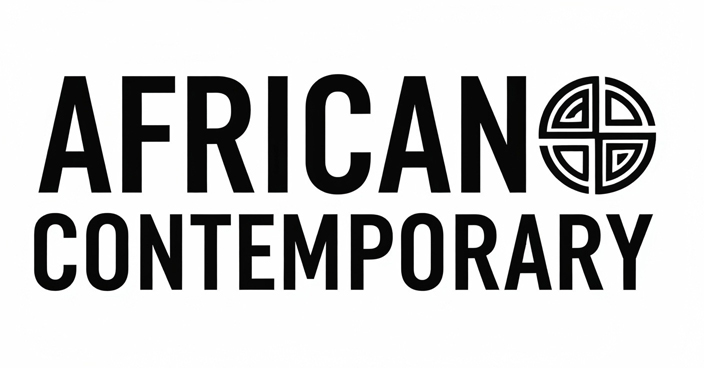Jak Katarikawe, 1940–2018
Born in 1940 in Kigezi, Kabale, southern Uganda, Jak Katarikawe is widely regarded as East Africa’s most celebrated resident artist — a painter whose life story is as captivating as the dream-infused images he created for more than fifty years.
A self-taught artist, Katarikawe never attended school. As an adult, a professor at Makerere University invited him to sit in on art classes, provoking protests from students who felt threatened by his raw talent. A true dream-catcher, Katarikawe rarely painted anything that had not first appeared to him in a vivid, often spiritual dream.
Often called “Africa’s Chagall,” Katarikawe is known for his pastoral storytelling and whimsical, poetic compositions. In his universe, humans and animals coexist without boundaries. Mothers with babies float above fields and homesteads; elephants, lions, zebras, birds, and especially his iconic long-horned Ankole cows — symbols of ancestral wealth — fall in love, marry, quarrel, betray, and reconcile like human beings.
His work is rich with humor, allegory, and eroticism. In one tragicomic tale, a polygamous bull rapes one of his wives and is punished by castration — a moral lesson Katarikawe emphasized: “You must never rape, not even your wife.” In another painting, “Before there was no underwear,” a voluptuous woman squats beneath a tree, smoking a pipe, her body boldly exposed — a reminder that Katarikawe’s art embraced both spirituality and sensuality long before Western cinema dared to.
Ask Katarikawe to explain a painting and he would invite you to sit and drink while he recounted the long, superstition-laden story behind it. Some titles stretch across several lines, such as the famous work in the Museum für Völkerkunde, Hamburg, which owns 140 of his paintings. Katarikawe is also the first known African artist to have his work displayed in the corridors of the Kremlin.
His *catalogue raisonné*, published in 2005, is now a collector’s item. Works such as “Wedding Night” have appeared on book covers and even film posters, cementing his legacy as one of Africa’s most widely collected and beloved painters.
source: Wikipedia (Jak Katarikawe)
